The Fall of a Champion: Lance Armstrong Stripped of His Titles

On October 22, 2012, Lance Armstrong, once revered as one of the greatest cyclists in history, was stripped of his seven Tour de France titles by the United States Anti-Doping Agency (USADA). This dramatic announcement marked the culmination of a lengthy investigation into allegations of systematic doping throughout Armstrong’s career. The decision not only shattered […]
The Cuban Missile Crisis: A Defining Moment in Cold War Tensions
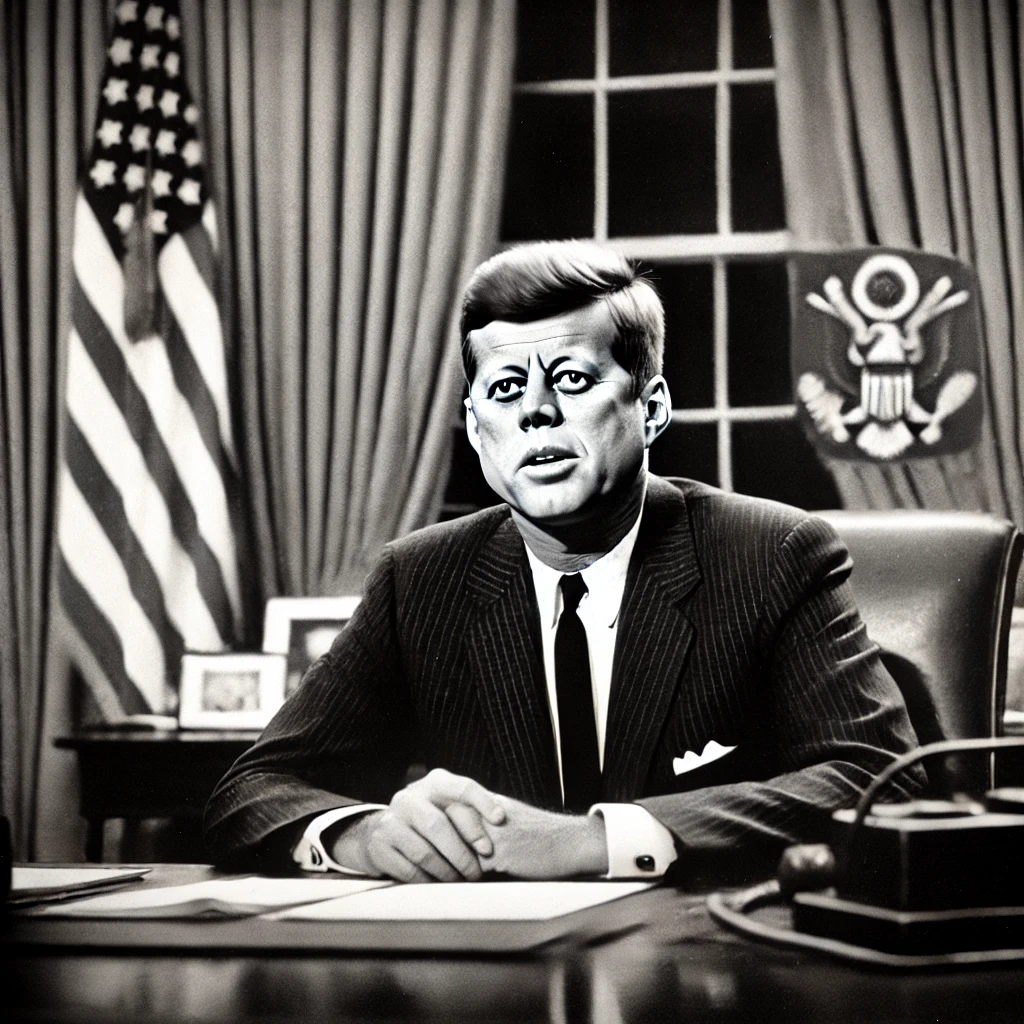
In October 1962, the world stood on the brink of nuclear war during one of the most intense confrontations of the Cold War: the Cuban Missile Crisis. This pivotal event unfolded over 13 tense days, beginning when U.S. reconnaissance flights discovered Soviet missile installations in Cuba, just 90 miles from the American coast. The crisis […]
A Leap into History: The First Parachute Jump in 1797
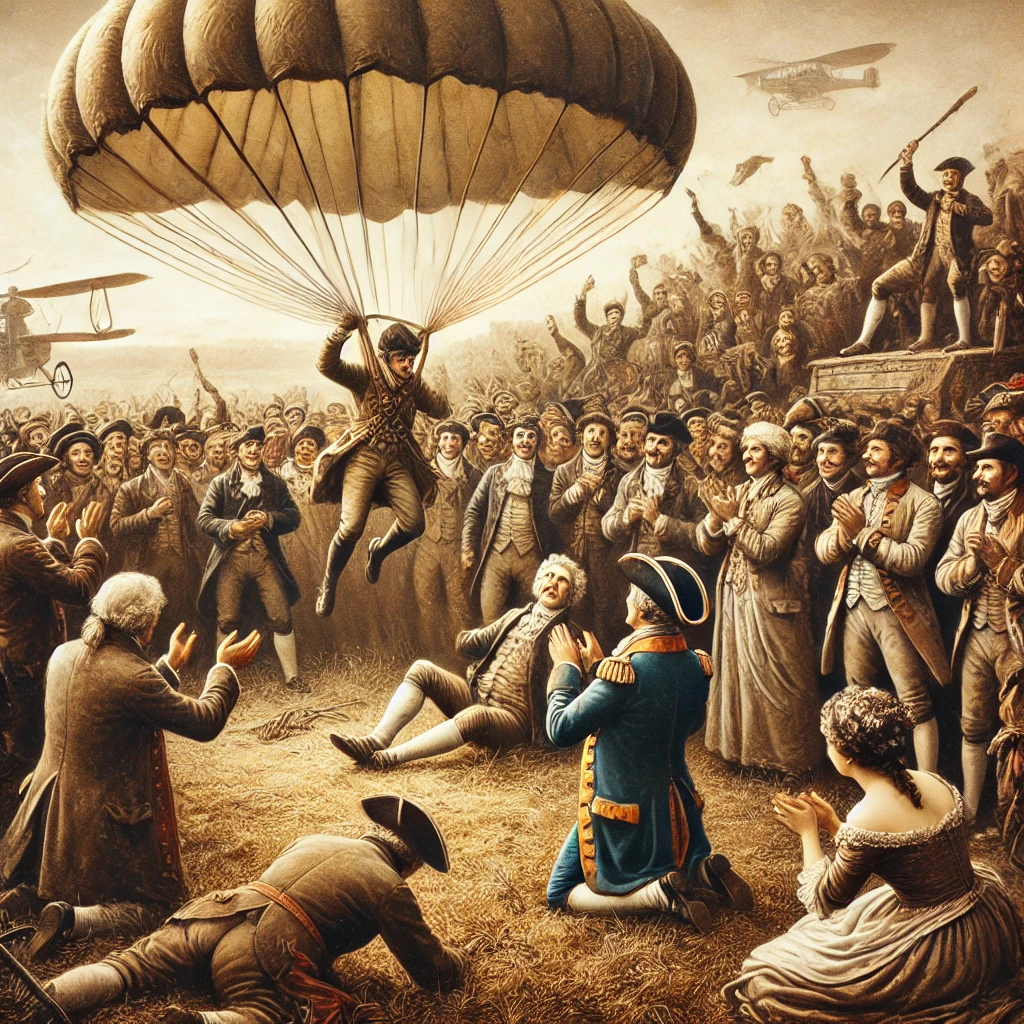
On October 22, 1797, a significant milestone in aviation history occurred when André-Jacques Garnerin made the first successful parachute jump from a height of approximately 3,200 feet over Paris, France. This daring feat not only demonstrated the feasibility of parachute technology but also captured the imagination of a public fascinated by the possibilities of human […]
Remembering Paul Allen: Co-founder of Microsoft and Visionary Philanthropist

On October 15, 2018, the world mourned the loss of Paul Allen, the American investor and philanthropist who co-founded Microsoft alongside Bill Gates. Allen’s contributions to technology, culture, and philanthropy left a profound impact on multiple industries, shaping the landscape of the tech world and influencing countless lives through his charitable endeavors. His passing at […]
A Revolutionary Movement: The Founding of the Black Panther Party
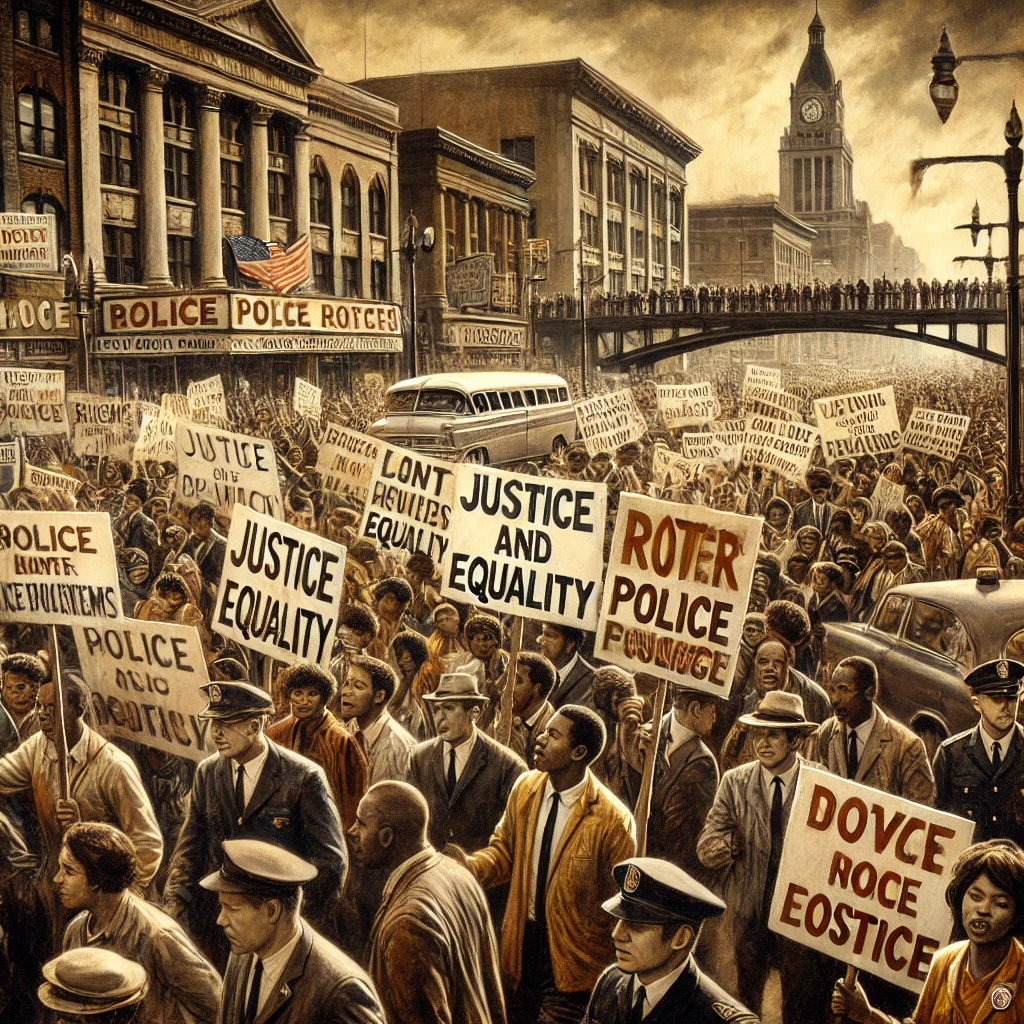
On October 15, 1966, Huey P. Newton and Bobby Seale founded the Black Panther Party for Self-Defense in Oakland, California. This pivotal moment in American history marked the emergence of a radical organization dedicated to addressing systemic racism, police brutality, and social injustice faced by African Americans. Initially created as a response to police violence, […]
A Television Milestone: The Premiere of I Love Lucy

On October 15, 1951, the first episode of I Love Lucy aired on American television, marking a significant moment in the history of comedy and television production. Starring the iconic Lucille Ball and her real-life husband Desi Arnaz, the show quickly captured the hearts of audiences across the nation. Blending humor, innovation, and groundbreaking storytelling, […]
A Cultural Phenomenon: The Premiere of Keeping Up with the Kardashians

On October 14, 2007, the reality TV series Keeping Up with the Kardashians made its debut on the E! network, ushering in a new era of celebrity culture and television. The show centered around the lives of the Kardashian-Jenner family, capturing their personal and professional dynamics in a way that resonated with audiences. Over the […]
The Infamous Amityville Murders: Trial Begins in 1975

On October 14, 1975, the trial began for Ronald DeFeo Jr., the man accused of murdering six members of his family in the infamous Amityville murders. The tragic event, which took place on the night of November 13, 1974, shocked the nation and sparked widespread media coverage, ultimately becoming a focal point for discussions around […]
Breaking the Sound Barrier: Chuck Yeager’s Historic Flight
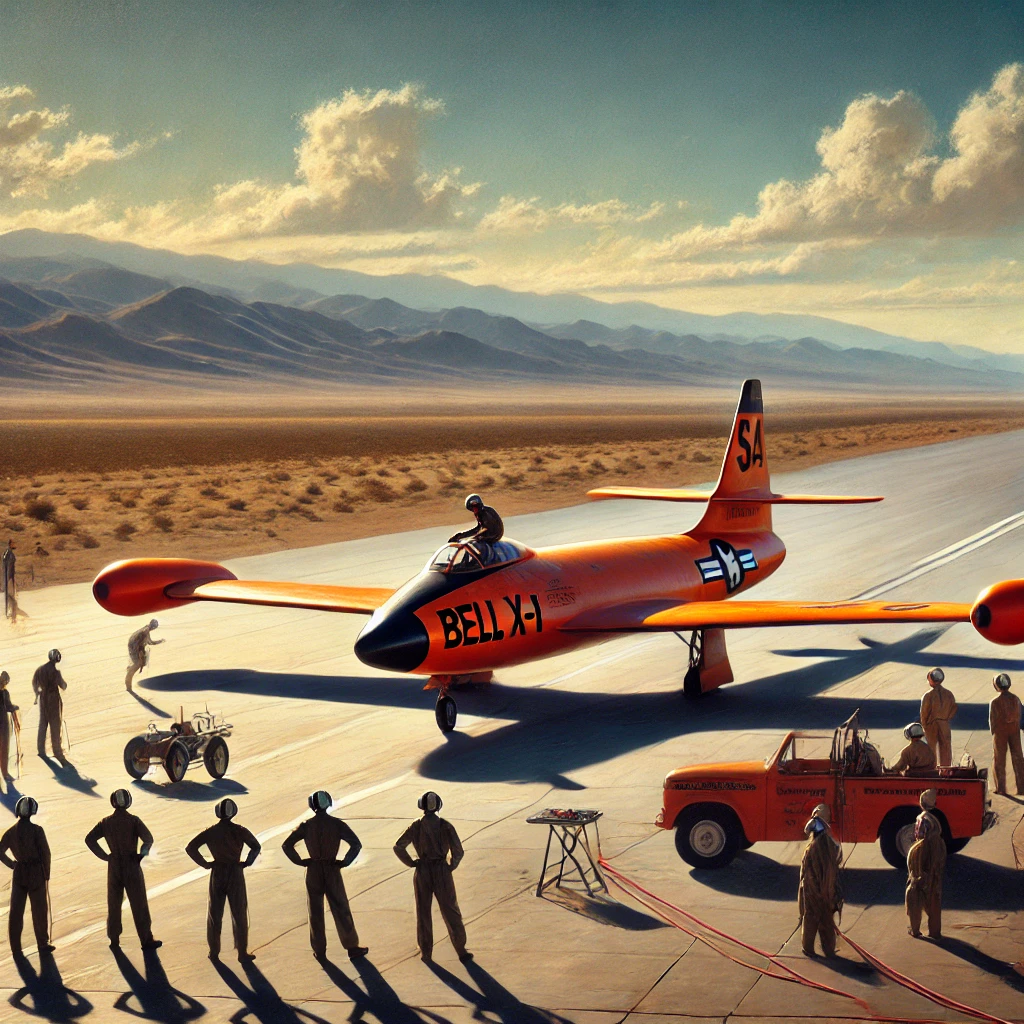
On October 14, 1947, U.S. Air Force Captain Chuck Yeager achieved a monumental milestone in aviation history by becoming the first person to break the sound barrier. Piloting the Bell X-1, an experimental rocket-powered aircraft, Yeager’s flight not only marked a significant technological achievement but also opened the door for advancements in military and civilian […]
The JonBenét Ramsey Case: A Grand Jury Dismissed
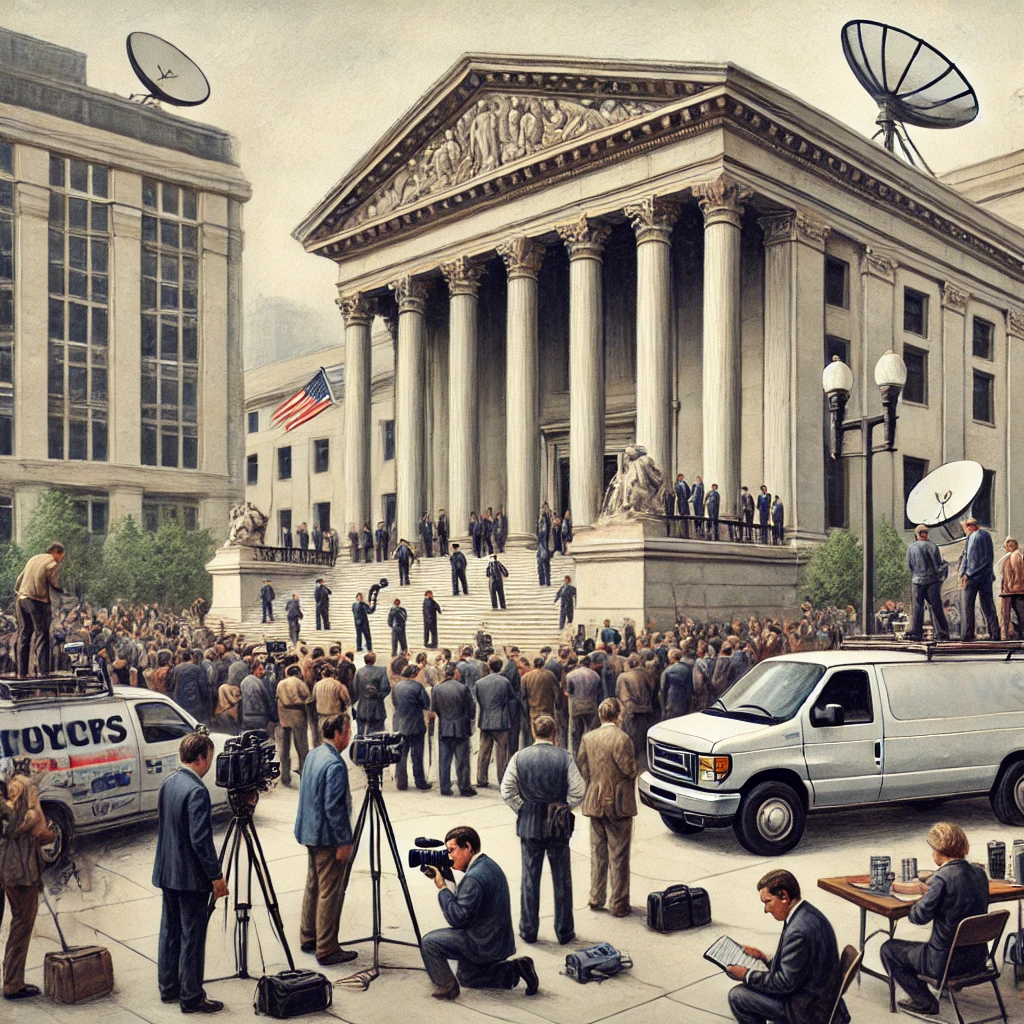
On October 13, 1999, a grand jury in Boulder, Colorado, dismissed the case surrounding the tragic murder of six-year-old JonBenét Ramsey. The case had garnered national attention since the young beauty queen was found dead in her family’s home on December 26, 1996, sparking a media frenzy and intense public interest. The grand jury’s decision […]
